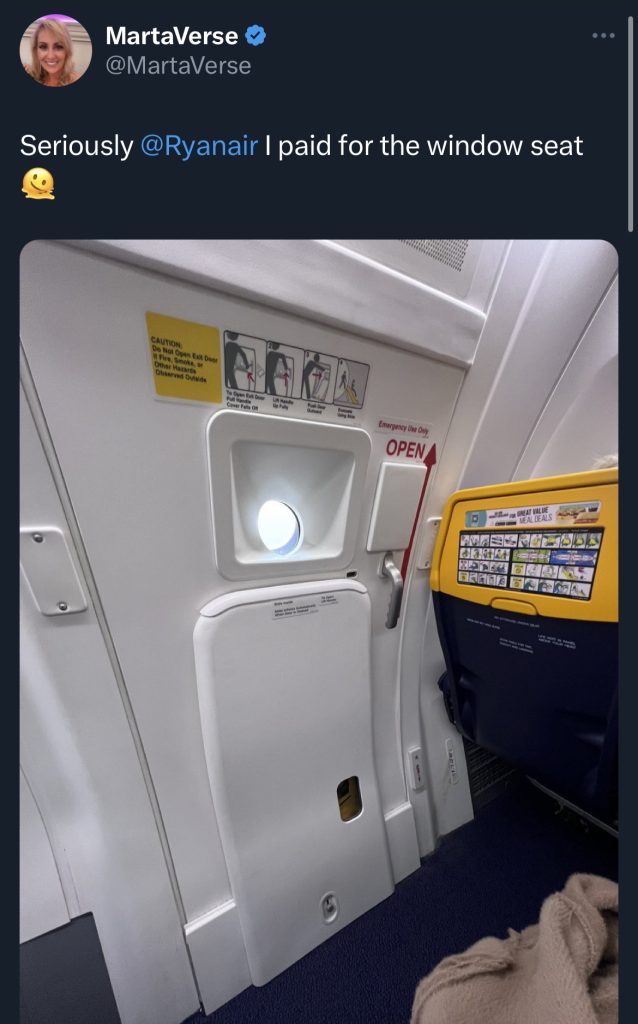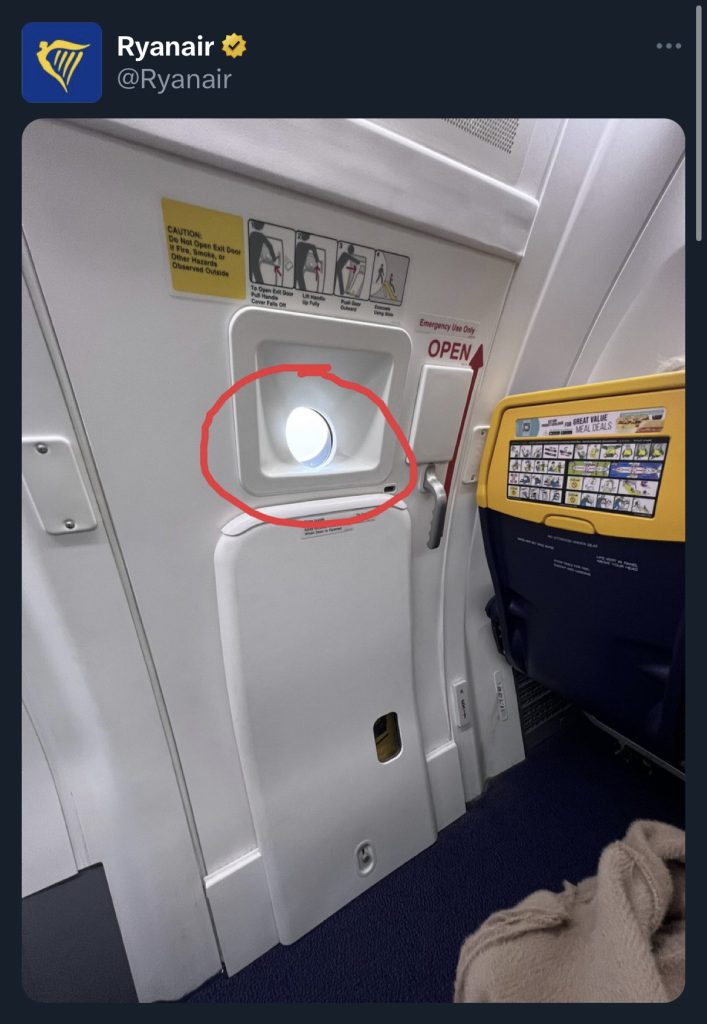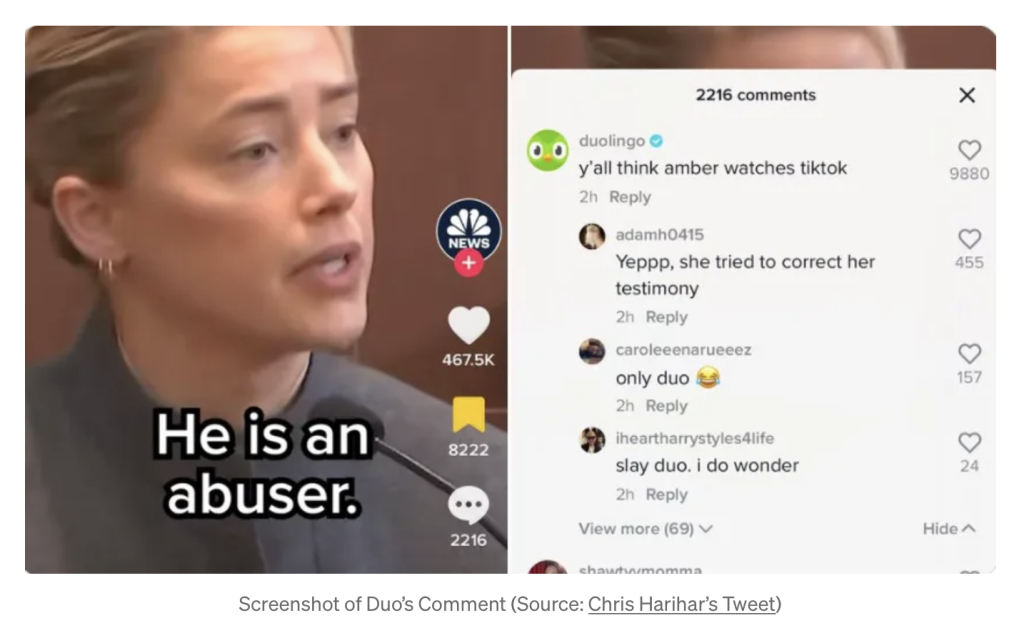Ryanification of digital marketing strategies or alternatively known as “Gen-Z marketing” gained popularity and acclamation about 2 years ago. The increased use of social media in our every day lives naturally led to unique utilisation of social media tools for marketing purposes. The two main drivers for this specific strategy involve relatability and entertainment, both of which are often achieved by using self-deprecating humour. Much of the content includes the usage of current trends across different social media platforms, buzzwords and popular occurrences. It is not rare that a marketing campaign will include bits and pieces of the last’s weeks most popular Tik-Toks and in order to understand the message you need to be aware of what is hot right now.
Why the “ryanification”?
For those who might not know, Ryanair is a budget airline that operates flights in Europe, which up until recently did not have the best brand image. Notably, having low-costs affects certain amenities, for example, having less leg space and ridiculous bag policies. Fortunately, for Ryanair, around 2020, their brand image experienced drastic changes through the use of their social media accounts (then Twitter and TikTok).
On September 10th last year, Twitter user @MartaVerse tweeted this, tagging the official Ryanair account:

To which, the company’s official account replied with:

This interaction went viral and generated more than half a million likes, 3 thousand comments and 60 thousand retweets and quotes. Their TIkTok account is operated in a similar manner, see an example below.
As we can see, a good dose of company self-awareness, mixed with self-deprecating humour creates a certain type of a bond with the audience. Nowadays we can see this type of marketing used by many different brand’s and companies, such as Duolingo, Bose, Wendy’s and many more.
All is fun and games until…
Although, this format of digital marketing seems fun and more enjoyable than your typical sponsored content ads, it does come with its dark side as well. Sometimes the person behind a multimillion monies worth company gets carried away and forgets that while yes, this type of content forges a seemingly personal bond between the company and the customer, it is all fictional and the overall structure and ethics of the business might not match with this online persona at all.
Duolingo’s social media presence is well-known for this type of marketing as well, and while most of their content is light-hearted, they did experience a controversy few months ago, when its official TikTok account left a rather insensitive comment under a “Johnny vs. Amber Heard” trial video.

Despite living in an age where everyone is welcome to express themselves and share opinions, does an app made for learning languages should speak on such matters? What value does it add to the company’s image and message?
Additionally, FlixBus TikTok account follows the same marketing principles, yet never addresses the tens of videos speaking out on bad experiences (including crashes and serious injuries). Of course, the team behind their marketing is not responsible for the bus rides, however crating a “personal bond” with the audience would seem to ask for more transparency and accountability. It sets a tasteless tone, where people are greatly affected by something that the company’s authorities should take accountability for, while the account keeps posting memes and light hearted videos.


Recent Comments